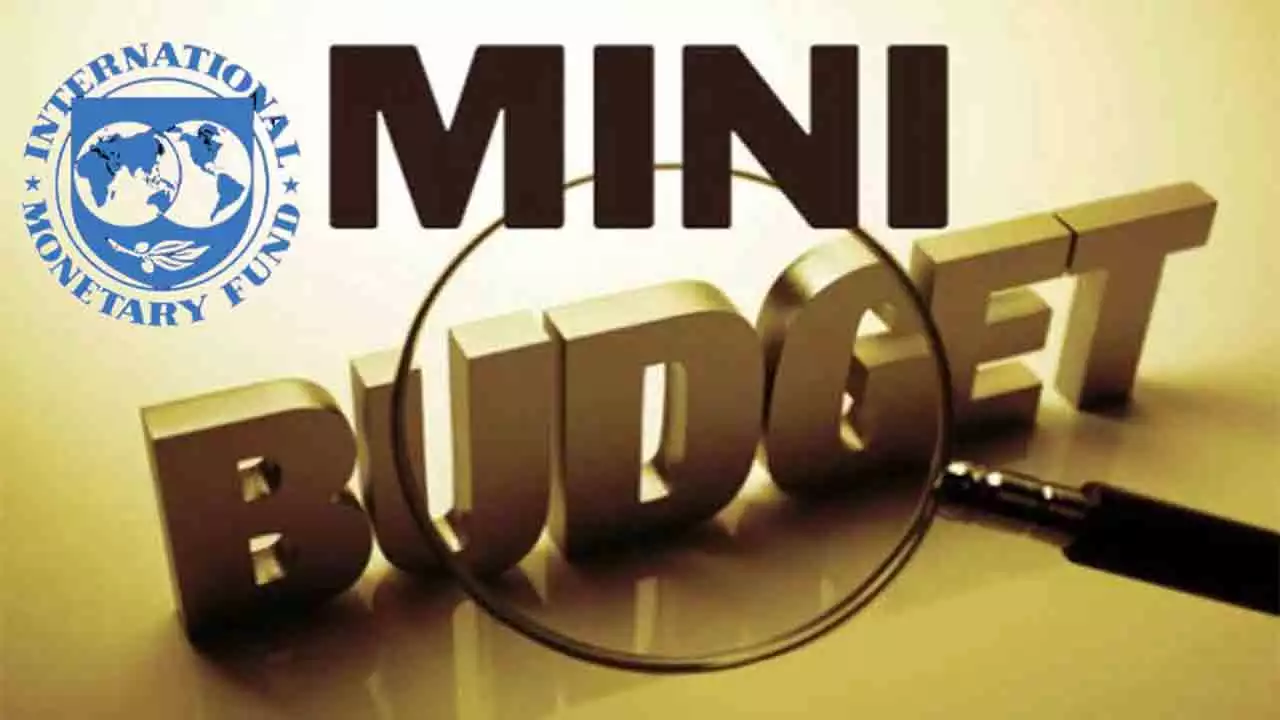Despite speculation surrounding the need for increased spending to appease coalition partners, the Indian government, led by Prime Minister Narendra Modi, remains firm on its fiscal deficit target, according to a government official.
Post-Election Landscape
Following the conclusion of elections on June 1, where Modi’s Bharatiya Janata Party (BJP) secured a third term with the support of 14 regional parties, discussions have arisen regarding potential adjustments in welfare spending and support for states represented by coalition partners.
Fiscal Strategy
The government, however, has reiterated its commitment to maintaining its fiscal deficit target, as outlined in the interim budget announced in February. Despite calls for fiscal loosening, the official affirmed that there are no plans for such measures for the fiscal year 2024-25.
Coalition Demands
Certain coalition partners, including the TDP from Andhra Pradesh and the JD (U) from Bihar, have reportedly requested special financial assistance. However, the government asserts that it has room within the budget to address immediate financial needs of Indian states, if necessary.
Interim Budget Provisions
The interim budget already includes provisions for significant loans to states, amounting to 1 trillion rupees for capital spending and an additional 750 billion rupees for states undertaking specific reforms. The numbers presented in the final budget, expected to be presented in July, will largely align with those outlined in the interim budget.
Policy Continuity
The reappointment of Nirmala Sitharaman as finance minister signals continuity in government policies, providing stability and reassurance to investors and stakeholders.
Conclusion
As India navigates its post-election landscape, maintaining fiscal discipline remains a priority for the Modi government. Despite pressures from coalition partners and expectations for increased spending, the government remains steadfast in its commitment to fiscal prudence, ensuring stability and sustainability in economic policies.



